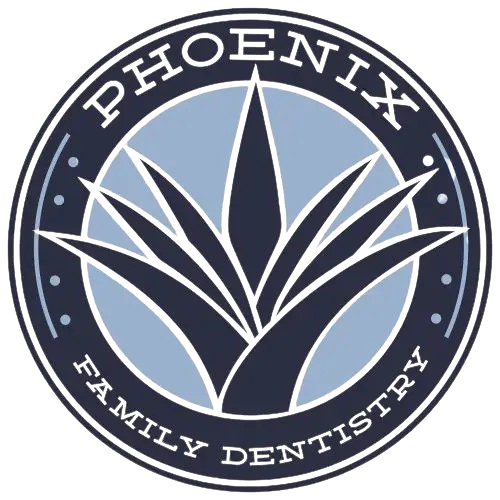A Family Dentist Warns Against Sugar and Tooth Decay
Any family dentist in 85053 worth visiting knows that sugar is an enemy of the teeth. Sugar is a ubiquitous ingredient found in many foods and beverages, but its consumption can have detrimental effects on oral health. Tooth decay, also known as dental caries or cavities, is a common oral health problem caused by the interaction between sugar, bacteria in the mouth, and tooth enamel. Understanding how sugar contributes to tooth decay is essential for maintaining optimal oral hygiene and preventing dental problems. Let's delve into the sweet truth about sugar and its impact on tooth decay.
The process
Glycosis and lactic acid
Shortly after sugar is consumed bacteria stick to the residual sugar on the teeth and begin to metabolize fructose in the process known as glycolysis.
The end product of this process is lactic acid. Lactic acid lowers the pH inside the mouth to the point where the key component in tooth enamel is dissolved.
Effecting enamel
The erosion of tooth enamel, which is the protective, hard layer on the outside of teeth, exposes their soft core. Once the enamel is breeched, even slightly, the minerals, largely basic calcium molecules, can be assaulted by the acidic plaque colonies. The longer a plaque colony is left to mature, the further into the tooth it will burrow, dissolving more calcium molecules and multiplying as it goes. This burrowing process is what eventually causes cavities.
Tips to prevent tooth decay due to sugar
Avoid excessive sugar intake
Eating sugar here and there is not going to lead to tooth decay. The pH in the mouth will lower, but saliva is capable of recovering the pH levels to neutral potentially in times as short as a half hour. Therefore, it is the repetitive consumption of sugar throughout the day which is most dangerous. This does not give saliva the chance to do its job and plummets the pH surrounding teeth. Snacking or sipping on refined sugars is particularly bad because the bacteria responsible for lactic acid production on teeth have the easiest time metabolizing sucrose.
Reduce simple sugar intake to once a day. This will allow saliva to recover the mouths neutral pH. Also, a diet balanced between complex carbohydrates and foods high in minerals —calcium and phosphates in particular — will help prevent decay. Complex sugars will make it more difficult for bacteria to form lactic acid. Dairy products will counteract the lowering of pH caused by sweet foods and replenish the minerals needed for healthy teeth.
Establish a proper oral hygiene regimen
A good family dentist in Phoenix, AZ will insist that teeth are brushed at least twice daily. There are also best accepted practices to observe. Although it may be counter intuitive, brushing right after consuming a bunch of sugar is not ideal. During the period when pH has been lowered right after sugar consumption, enamel is ‘softer’ and can more easily be brushed away. Therefore brushing immediately after indulging may actually expedite tooth decay.
In conjunction with the proper diet, proper hygienic practices are necessary in the battle against decay. Brushing well twice a day, at least thirty minutes after consuming large amounts of sugar is vital. So is flossing to remove plaque from between teeth where the brush will not reach. Drinking lots of water and swishing it around is also a beneficial practice for those looking to ward off decay. Swishing before swallowing is especially important right after sugar consumption and is much preferable to brushing.
Conclusion
To prevent tooth decay, it's important to limit sugar consumption, maintain a balanced diet rich in fruits, vegetables, and whole grains, and practice proper oral hygiene. Drinking water after consuming sugary foods or beverages can help rinse away sugars and acids and neutralize pH levels in the mouth. Additionally, using fluoride mouthwash or receiving professional fluoride treatments from your dentist can strengthen tooth enamel and reduce the risk of cavities.
Sugar is a major contributor to tooth decay, but with awareness, education, and proactive oral care practices, its harmful effects can be minimized. By understanding the relationship between sugar and tooth decay and taking steps to reduce sugar intake and maintain good oral hygiene, individuals can protect their teeth and gums and enjoy a lifetime of healthy smiles.
Are you considering a family dentist in the Phoenix area? Get more information at https://familydentistphoenix.com or visit Phoenix Family Dentistry.









0 comments